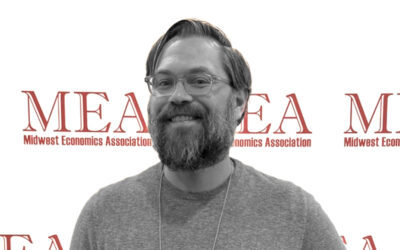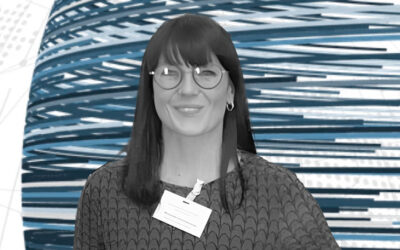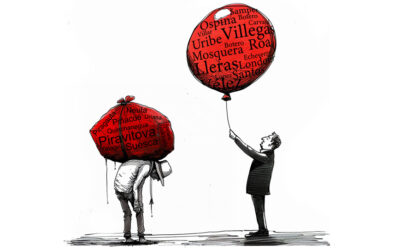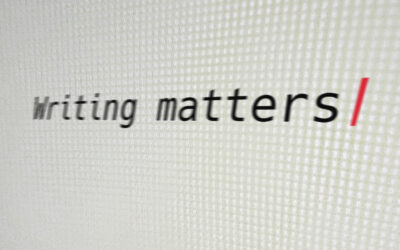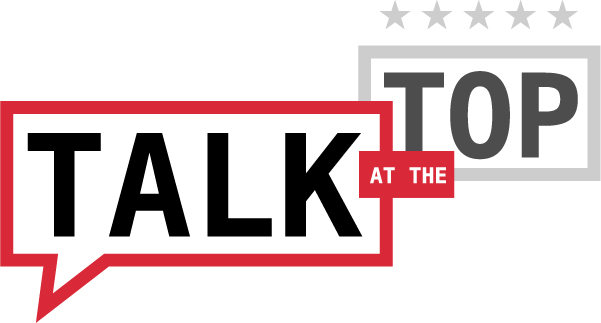Blog
Standard Error Awards Best Paper Prize to PSE’s Artur Obminski
On the occasion of the 6th Workshop on the Economics and Politics of Migration, held this May 22 and 23 at the Fundación Ramon Areces in Madrid, we are thrilled to announce the recipient of our first-ever Standard Error Best Paper Prize: Artur Obminski of the Paris School of Economics and Université Paris 1 Panthéon-Sorbonne.
Olivier Simard-Casanova joins Standard Error as partner as company looks to expand its European presence
French economist will take a stake in Chicago-headquartered social science editing consultancy to support its relationships with research institutions abroad
Conference report: Advancing the research frontier in uncertain times
Regal Johnson, who represented Standard Error at this year’s Midwest Economics Association meeting, reports on his encounters with veteran and budding economists who remain committed to bringing research to bear on social problems in chaotic times.
Researcher spotlight: Amy Burnett Cross
For Women’s History Month, we highlight the work of Amy Cross, a researcher who studies the effects of gender-specific policies in the US military workforce on women’s careers in the civilian labor market.
Regal Johnson – Meet the Standard Error Team
Standard Error’s consulting editor Olivier Simard-Casanova connects with Regal Johnson to chat about how editors can improve scientific papers.
Researcher spotlight: Christina Cross
For Black History Month, we highlight sociologist Christina Cross, whose work questions whether policies promoting the nuclear family can close racial gaps in America.
Conference report: New economic ideas to give structure to a fracturing geopolitical world
At the 3rd CEPR–Kiel Institute Conference on Geoeconomics in Berlin, Standard Error lead editor Samantha Eyler-Driscoll discovered prize-winning research on questions of world historical importance in a fermenting field.
Charles J. Del Dotto – Meet the Standard Error team
Despite his long experience editing research, veteran man of letters Charles J. Del Dotto’s great love will always be the theater. Here, he introduces himself to Standard Error’s consulting editor Olivier Simard-Casanova and discusses how his passion for the humanities continues to infuse his work as a social science editor.
The colonial roots of inequality
Colonial institutions such as slavery and encomiendas were the cornerstones of the wealth of elites and ethnic segregation in former colonies such as Colombia. Here, Juliana Jaramillo Echeverri of the Colombian central bank discusses her new working paper, recently edited by the Standard Error team, on how the education system continues to reproduce Colombia’s historical divides.
Does professional editing lead to better academic papers?
The job of language editors is to make research manuscripts clearer, more concise, and easier to read. Do publishing gatekeepers notice the difference?
Talk at the Top
Introducing Our Talk at the Top Series: How Economists Talk (and Write) for Each Other and Why You Need to Know.
Sobel’s “Mourning edition” offers an authoritative peek at the mechanics of peer review in economics
Explore the insights of Joel Sobel, a former top-5 editor, in his reflective piece “Mourning Edition.” Delve into the mechanics of peer review in economics, learn about submitting research, handling rejections, and the role of referees.



